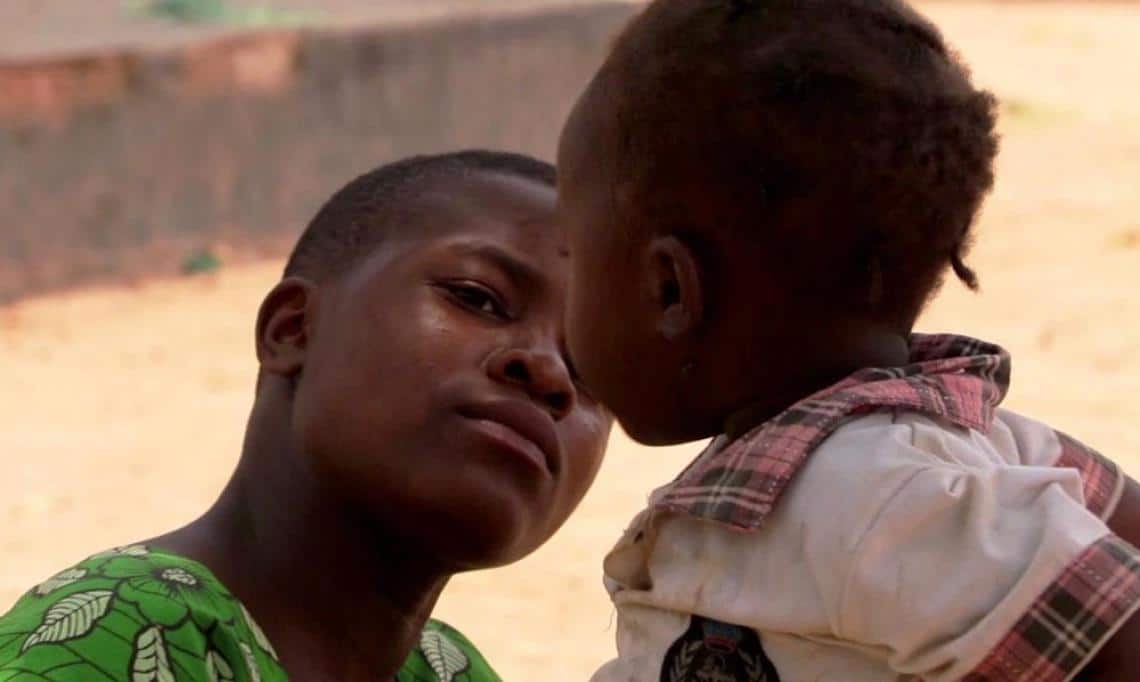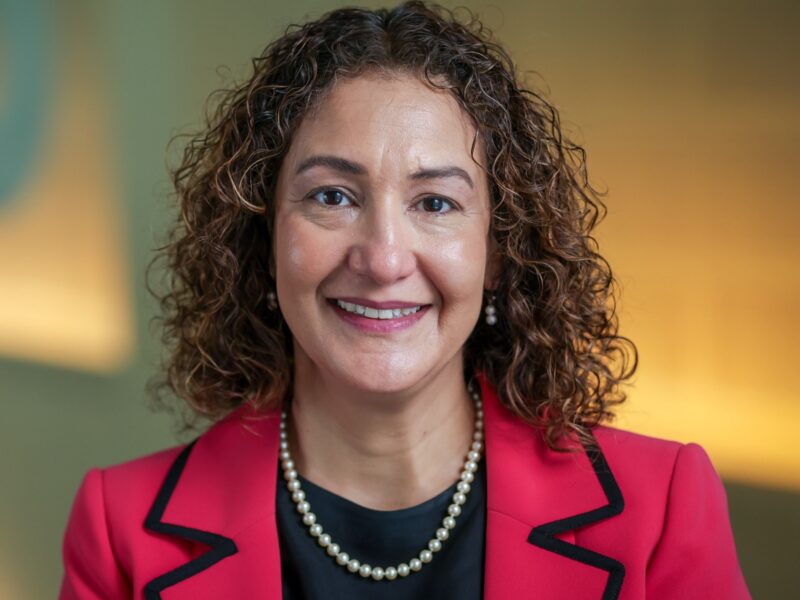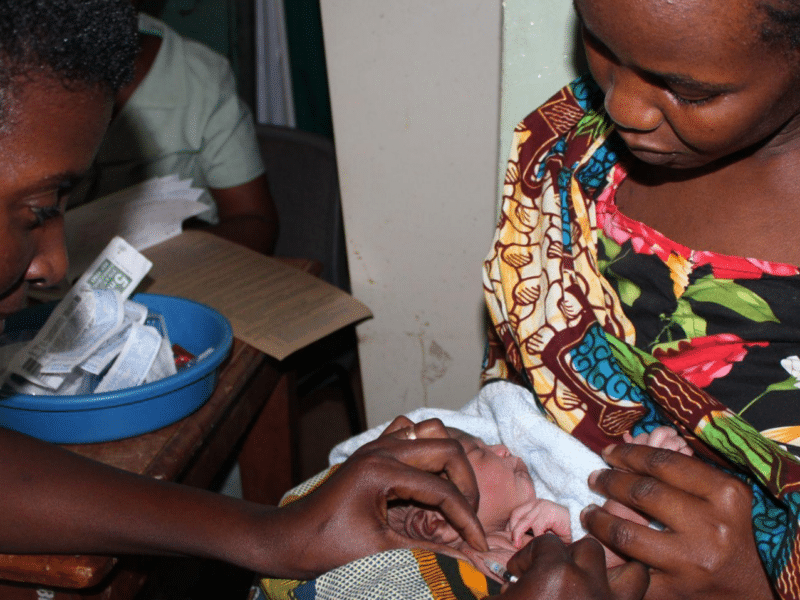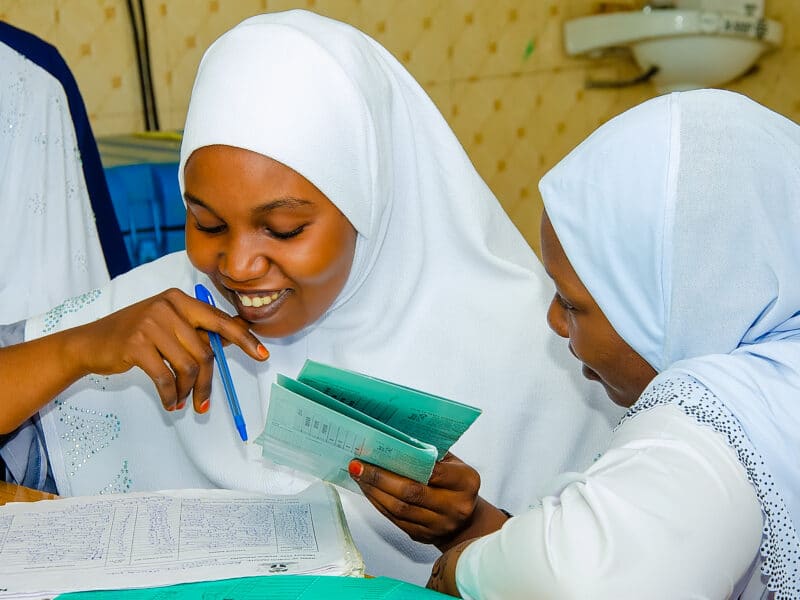In Malawi, 42 percent of girls are married before their 18th birthday, with 9 percent married before they turn 15. With the help of the Johns Hopkins Center for Communication Programs, that is slowly changing.
The CCP-led Breakthrough ACTION-Malawi project has been working with religious and traditional leaders and community members to not only raise awareness about how detrimental marriage and early pregnancy are to a girl’s future, but to find ways to annul some of the marriages that have already taken place. The work of local leaders has helped rescue female victims of child marriage and return them to school. Child marriage is illegal in Malawi, but it still persists.
In the district of Chikwawa, for example, one of the two districts where Breakthrough ACTION is working, 184 marriages were annulled from January 2021 to March 2022, and 104 girls were readmitted to school. In the district of Machinga, where Breakthrough ACTION also works, the proportion of female child marriages annulled increased steadily while the project was operating, from 58 percent in 2019 to 68 percent in 2021.
Evidence has shown that girls under 18 are not ready to become wives and mothers and are more susceptible to domestic violence. Child marriages increase the risk of early pregnancy which can lead to complications during pregnancy and childbirth, and maternal mortality. Girls who marry early often drop out of school and miss out on life skills to become economically productive adults.
With support from Breakthrough ACTION’s project focused on ending early, child and forced marriage, traditional leaders hope to contribute to efforts to end this harmful practice. In Malawi, Breakthrough ACTION and its partners, Girls Empowerment Network, Creative Center for Community Mobilization and Save the Children, work with communities to learn the risks of early marriage and change the social norms that promote this practice. Traditional leaders especially are in positions of influence, and community members rely on their guidance.
Meanwhile, girls like 17-year-old Brandina Tonekesi are being rescued from these marriages and given a second chance at fulfilling their dreams.
“I thought marriage was the best option for me to live a better life,” Brandina says. “But I was wrong.”
Life at home was difficult. Her family could barely afford to feed her two meals a day. So, she got married at the age of 15. But marriage created new challenges. She eventually stopped going to school and started doing some menial work to get a little money. That is when she realized that she was better off at her mother’s house.
A little over a year into her into her marriage, community mobilizers from Breakthrough ACTION learned her story. They reached out to Brandina and her husband and both sets of parents, telling them about the negative effects of child marriage and that child marriages are illegal. Brandina returned home to her mother and went back to school.
Flora Ibrahim, 15, was also rescued from her marriage with the help of Breakthrough ACTION. When she first got married, Flora says her husband treated her like a princess, but things took an ugly turn within a few months into the marriage.
“It was not my wish to get married, but circumstances beyond my control forced me into the marriage,” Flora says. “I thought it would be happily ever after, but I was wrong. I wanted to go back home and continue with my studies.” Now, she hopes to study to become a nurse.
District Commissioner for Machinga, Rosemary Nawasha, commends the efforts of traditional leaders in joining the fight to end child marriage in the district. She says traditional leaders must take a leading role in keeping girls in school.
“When chiefs give a directive that certain things should not happen in their community, people comply,” she says. “The same goes for child marriages. If chiefs are in the forefront advocating for an end to child marriages, then most likely this practice will come to an end.”
Religious leaders learned that girls who complete their studies are more likely to marry later, have a higher chance of contributing to the economy, and are more financially stable.
“When you educate a girl, you educate the nation,” says Pastor Mitole, who works at the Church of Central Africa Presbyterian. “This can only be done when we ensure that our children are well taken care of. This is the main reason I decided to speak out against child marriages. I usually identify role models within the church and community to talk to and motivate the youth. It is easy for someone to go for their dreams when they have someone who motivates them. I also hold sessions with both parents and the youth to educate them about the dangers of early marriages.”
Some religious leaders were already doing tremendous work in their communities to end this practice and vowed to take even more action to make a difference. Others pledged to start talking about the dangers of child marriages in their communities.
Sheikh Abdul-Azeez Chitalo described his efforts: “Before performing any Nikah ceremony [the religious ceremony required by Islamic law to unite a man and woman in marriage], I ask for the age of the people who want to get married first. And it is easy these days since people have national IDs, and I simply ask to have a look at the national ID before proceeding with the ceremony. This is working in ensuring that I don’t bless or conduct Nikah ceremony for people less than 18 years of age.”





